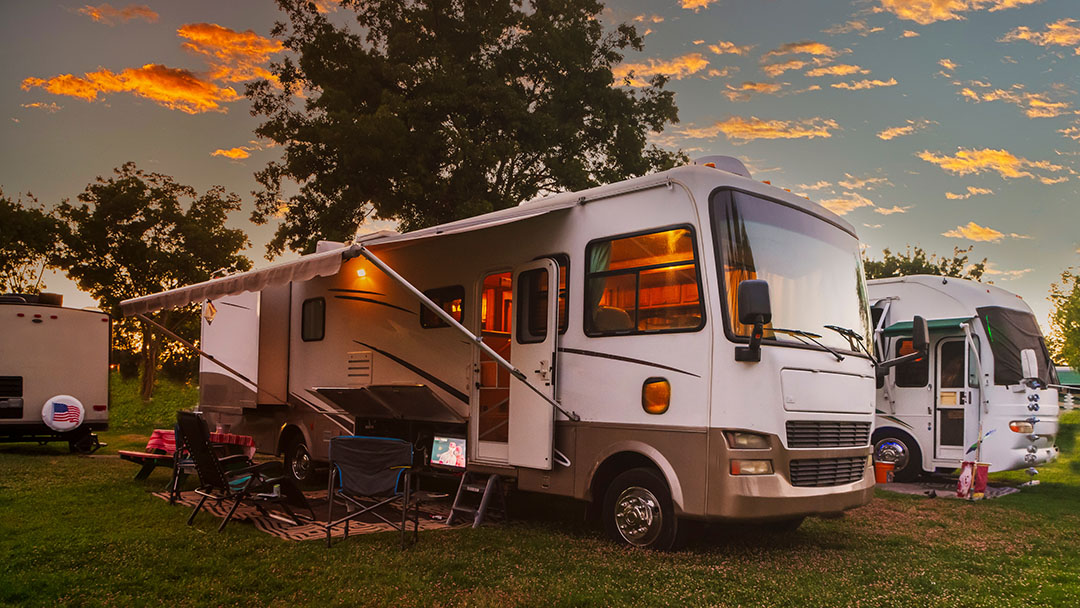NATION – The recreational vehicle (RV) industry, often seen as a barometer of the U.S. economy, has been experiencing a downturn reminiscent of a recession. RV sales are projected to hit their lowest point since 2015, according to the CEO of Blue Compass RV, a Florida-based company with operations in 33 states. The COVID-19 pandemic has significantly influenced consumer spending habits, leading to a drastic shift in the RV market. As lockdown measures were implemented, consumers reduced spending on services and instead invested in goods that could make their quarantine experience more comfortable. This led to a surge in demand for products like RVs, bicycles, and swimming pools.
However, as pandemic restrictions were lifted and interest rates began to rise, the RV industry faced challenges. The Federal Reserve has increased borrowing costs ten times since last March to combat high inflation. Consequently, the interest rates on RV loans have risen to around 10%, compared to 7% before the monetary tightening. This has naturally deterred potential buyers, especially those who finance their purchases, which make up 80% of Blue Compass RV’s customer base.
The decline in demand has led manufacturers to slow production. The RV Industry Association predicts that North American shipments of new motorhomes and trailers will drop to 300,000 this year, about half of the number shipped in 2021. This is the steepest decline since the 2007-2009 financial crisis. Despite the downturn, investors remain optimistic. Shares of major RV manufacturers, Thor Industries and Winnebago Industries, have risen by approximately 46.5% and 29% respectively this year.
Jason Lippert, CEO of LCI Industries, a major supplier of RV parts, acknowledged the industry’s difficulty in accurately predicting demand, a challenge that was amplified during the pandemic. While downturns in the RV industry have traditionally been reliable indicators of a recession, this may not be the case this time due to the unique circumstances of the pandemic. Michael Hicks, an economics professor at Ball State University, suggests that the oversupply caused by the pandemic may have distorted the usual economic indicators.
The RV industry is grappling with the dual challenges of inflation, which has increased prices, and higher interest rates, which have made financing more expensive. However, the RV Industry Association anticipates a rebound in RV shipments in the second half of the year as consumers adjust to the current economic conditions. The main issue for dealers is the unsold RVs in their inventories. Industry consultant Gregg Fore noted that some dealers have half of their new inventory made up of 2022 models, a figure that would typically be around 20% to 25%.
Other sectors that experienced a boom during the pandemic have also seen a decline, although not as severe as the RV industry. For instance, Pools of Fun, a large pool builder in Indiana, reported a decrease in their backlog of orders for new pools. Despite the challenges, there is a sense of optimism in the industry. Blue Compass RV has managed to sell off its excess inventory of older RVs and has maintained a strong service business. The company’s CEO affirmed that there is still interest in RVs, but consumers are currently more cautious.
–Jeremy Webb
Tri-State Home, Garden & Lifestyle Show – Inspiration and Classic Cars Await
BULLHEAD CITY – Bullhead City’s premier event, the Tri-State Home, Garden & Lifestyle Show, is...
Read More






















